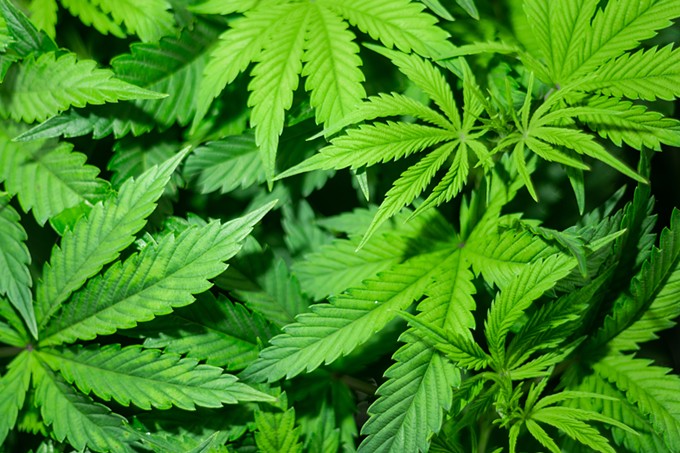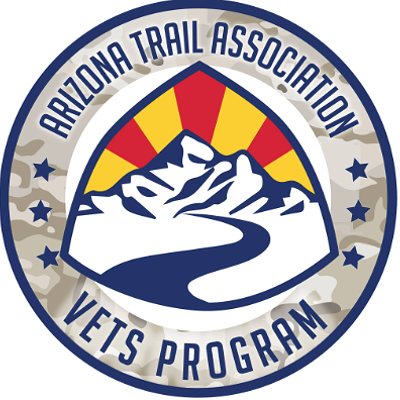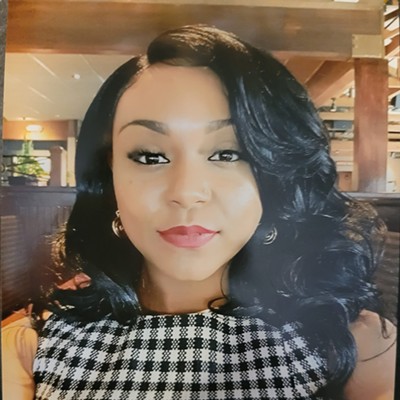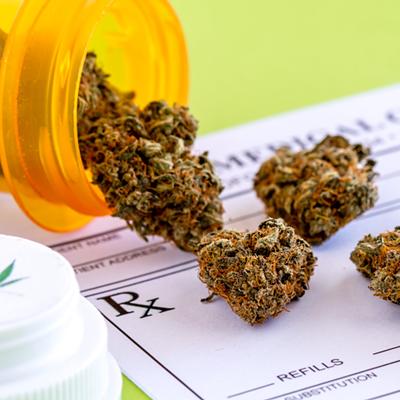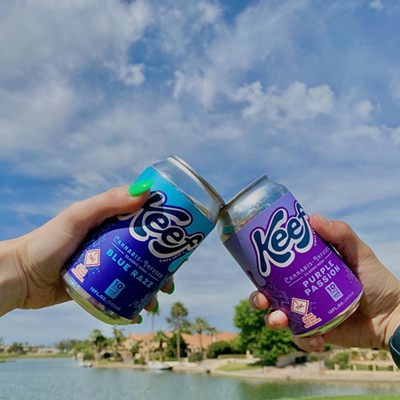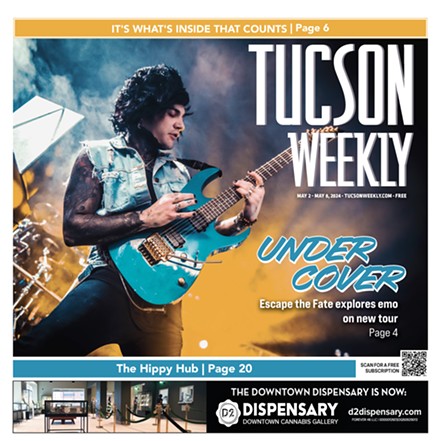SOCIAL EQUITY: Last week, the Arizona Department of Health Services announced it would hold the social equity lottery on April 8 at 1 p.m.
Social equity licenses are intended to help repair some of the damage done to individuals and communities through the decades-long war on cannabis.
After months of anticipation, and several lawsuits, the Arizona Department of Health Services finalized rules for the program, despite concern that the rules had loopholes big enough for the largest multi-state operators to drive trucks full of weed through.
In December 2021, ADHS opened the application process and, in two short weeks, received more than 1,500 applications, hundreds of which were from three of the largest operators in the state.
According to an announcement by ADHS, license recipients will be selected using a “computerized random drawing system offered by Smartplay International Inc.”
The system is used across the country for state lotteries and raffle drawings.
“The drawing will be held at ADHS with industry and news media representatives witnessing and streamed live at azdhs.gov/live. The accounting and auditing firm Henry and Horne will oversee the drawing,” the announcement states.
Winners of the 26 licenses will have 18 months to get operations underway, which will require large amounts of money and the ability to maneuver municipal zoning codes and whatever board and commissions oversee business establishments in their communities.
While there is a vocal contingency wanting ADHS to go back to the drawing board and rewrite the rules, there are some who think it is best to focus on the individuals who have survived the process long enough to get into the pottery and tweak the rules as the program takes shape.
Jon Udell, director of politics for AZNORML, has several clients in his private practice that fit the bill and he believes they should not have to go back to square one.
“It’s easy to get distracted by the large numbers of applications that have MSO partners, and distracted from the fact that there are a number of bonafide social equity applicants that took a whole lot of time to submit applications,” he said. “There’s already been a lot of reliance placed on the existing rules. There are a variety of those folks out there, and it’s very easy to overlook them, but they’re the folks we need to be paying the most attention to.”
HERE WE GO AGAIN: The Weedly has largely ignored references to federal legislation this year. After all, how many times a month can we report on Chuck Schumer’s tweets about the fourth or fifth time the House has passed the MORE Act or the SAFE Banking Act?
Perhaps it is with a sense of nostalgia for the pre-November 2020 innocence that makes us go to the well one MORE time:
Several outlets have mentioned this, but Weedly is going with Cannabis Business Times this time, reporting that the Marijuana Opportunity Reinvestment and Expungement (MORE) Act is on course to make it to the U.S. House floor for a vote.
The bill is sponsored by U.S. House Judiciary Committee Chairman Jerry Nadler, D-N.Y., and aims to remove cannabis from the U.S. Controlled Substance Act. It was first introduced in July 2019 and was passed by the full lower chamber via a 228-164 vote in December 2020, “the first time a full body of Congress voted on a broad cannabis decriminalization measure,” according to Cannabis Business Times.
A previous version of the bill ran into a brick wall in the form of then-Senate Majority Leader Mitch McConnell.
The House Rules Committee’s hearing on the current version of the MORE Act, House Bill 3617, takes place after the Weedly goes to press.
We can’t wait to report that the bill has passed and cannabis is federally legal sometime in the near future. No, really.

